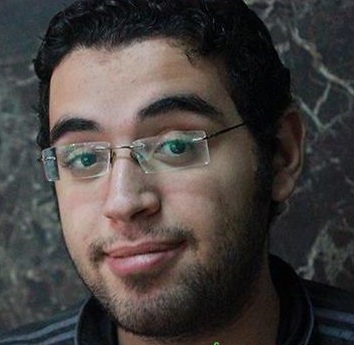BAHRAIN: Bahrain is looking to consolidate its position as one of the key players in the Islamic finance sector, working to build on its current position of strength and ensure it has the skills base to launch further expansion in the future.
At the end of 2009, 27 of the 140 banks operating in Bahrain were sharia-compliant lenders, with combined assets of $25.5 billion, more than 10 percent of the sector s total. In addition, at the beginning of 2009, there were 18 takaful (Islamic insurance) companies and one retakaful firm based in the Kingdom, out of a total of 177 insurance policy writers with offices in Bahrain.
Though Bahrain s financial services sector managed to ride out the storm of the international economic crisis, with most Islamic banks and insurance firms posting solid profits and many increasing their asset bases, there is one key area where many are having trouble in boosting their credit – human resources. The conventional financial services sector is certainly already strong in terms of skilled personnel, but continuing expansion in the Islamic banking segment will likely require a larger inflow of highly trained labor.
According to Garry Muriwai, the director of the Bahrain Institute of Banking and Finance (BIBF), there is a pressing need to deepen the pool of available trained and experienced staff able to work in the sector.
The Islamic finance industry will face a severe shortage of skilled professionals with a dual knowledge of both finance and Islamic finance in the next decade, he said on March 7.
In an effort to bridge the skills deficit, Bahrain s Waqf Fund for Research, Education and Training is working with local and international organizations to enhance the knowledge of those already employed in the sector and to help channel those about to embark on a professional career into the Islamic finance industry.
Established in 2006 by the Central Bank of Bahrain (CBB) in partnership with 15 leading Islamic institutions and three conventional banks that also have units offering Islamic banking services, the Waqf Fund works to advance Islamic finance training, education and research through a wide range of activities. Most recently, it unveiled plans to conduct training programs in conjunction with the Islamic Finance Council UK (IFC) for sharia scholars, auditors and compliance professionals, aimed at enhancing their understanding of global financial markets.
Khalid Hamada, the chairman of the fund and the executive director of banking supervision at the CBB, said the Scholar Development Program would help bolster the industry and assist in producing more sharia scholars specifically for the Islamic finance industry.
The Waqf Fund s joint initiative with the IFC aims to enhance sharia scholars understanding of the conventional financial markets and products, to assist them with a comparative understanding that bridges the gap between bankers and scholars during the transaction structuring and approval process, he said.
Specifically, the training program will cover topics such as the global financial crisis, development of the monetary system, financial derivatives, the treasury function, and equity and debt capital markets, said Hamad.
The fund is also working with the BIBF to increase the skills base for the sector through a graduate sponsorship program. It provides support for graduate students from the banking, finance, accounting and economics streams of the University of Bahrain and other institutions to obtain diplomas from the institute, while also receiving work experience at selected banks.
In March, the Waqf Fund announced it had just completed the selection process for the second batch of graduates for the program, which fund officials have described as probably the first of its type in the world.
The BIBF s director said he was certain graduates of the program would go on to further raise the skills standards within the sector.
We are confident they are well-equipped with the necessary knowledge and sufficient exposure on how the market operates to be successful in their respective careers and to add value to the Islamic finance sector, said Muriwai.
According to Bahrain s finance minister, Sheikh Ahmed bin Mohammed Al Halifax, one of the reasons Bahrain s Islamic sector managed to avoid the worst of the global recession was its close adherence to the principles laid down by sharia. This helped the Kingdom s banks avoid buying into some of the more risky assets that subsequently turned toxic.
We ve never claimed we were immune. We were exposed like the rest of the world. But by adhering to best practices, were able to make sure that we minimized the damage to controllable levels, Sheikh Ahmed said in an interview with international media on March 10.
With sharia-compliant finance set to claim an even larger slice of the international money markets in the coming years, Bahrain is looks to continue to turn out its own bankers and scholars for the future, an investment that will likely reap dividends. -This article was first published by Oxford Business Group April 12 2010.


